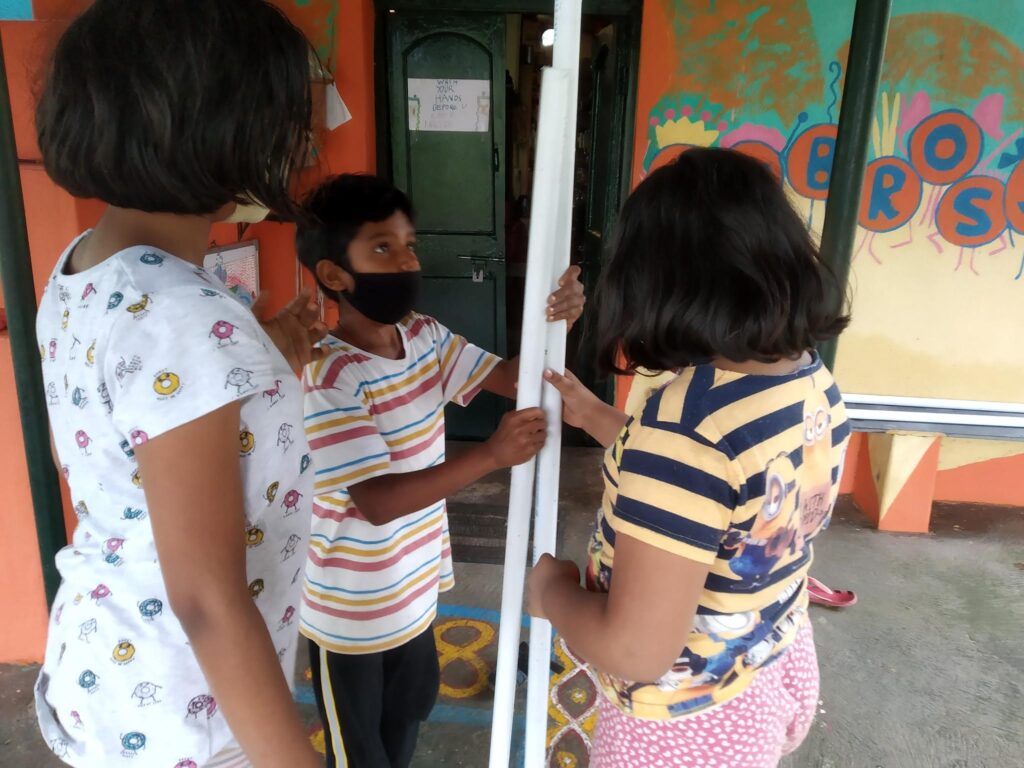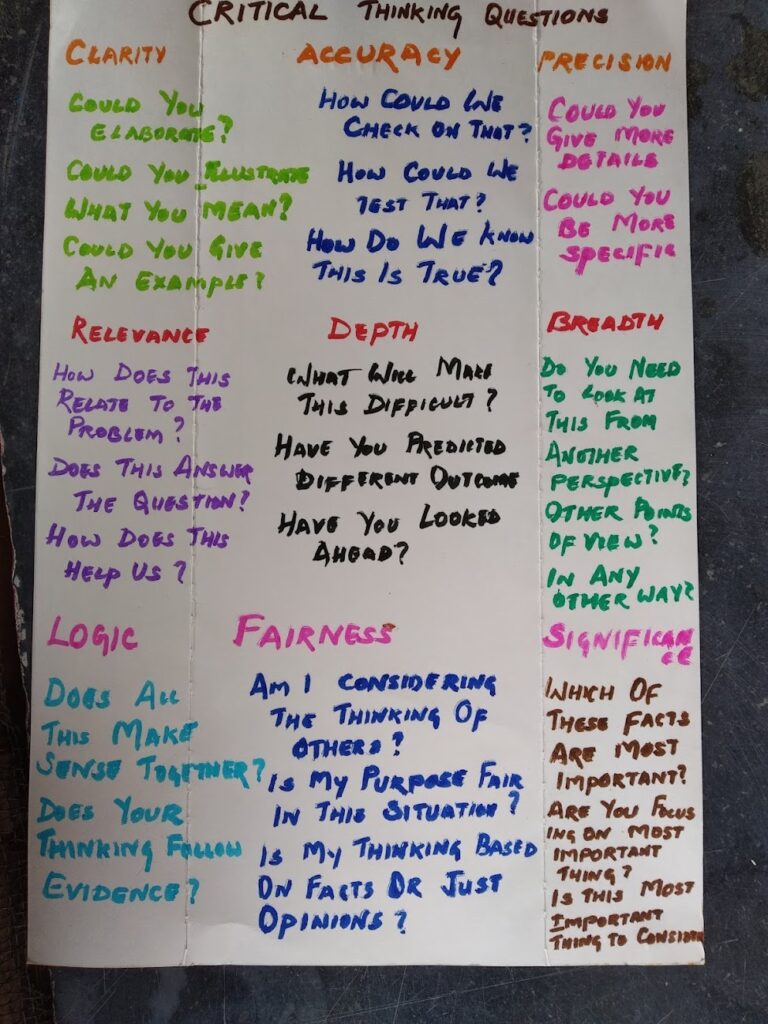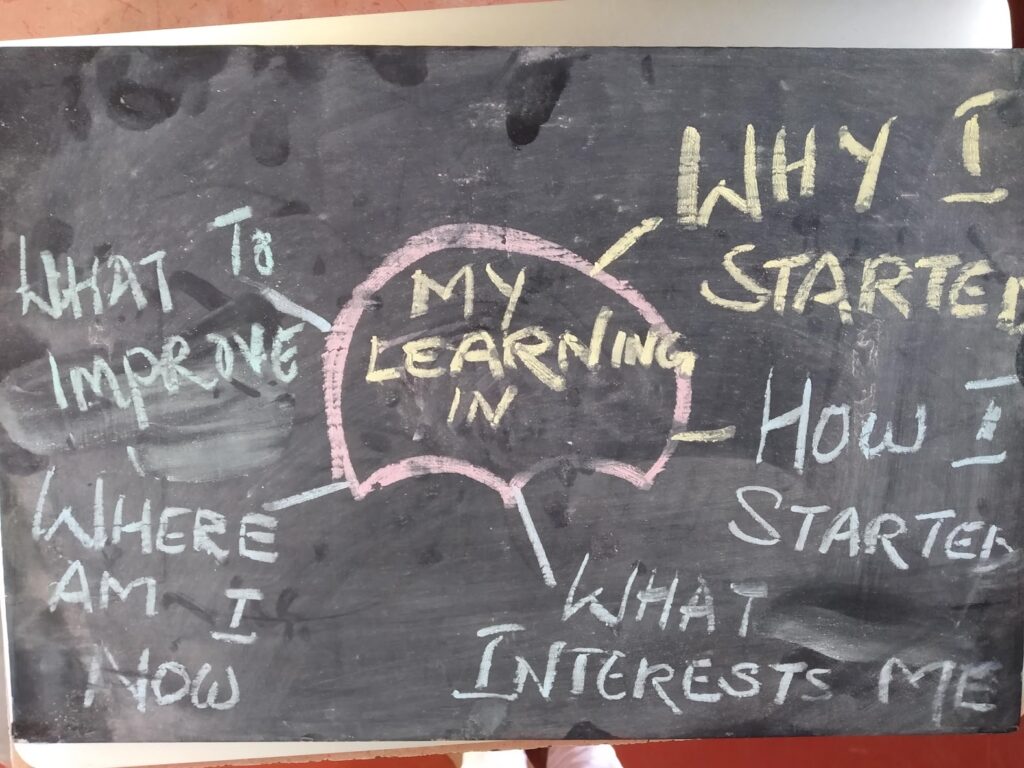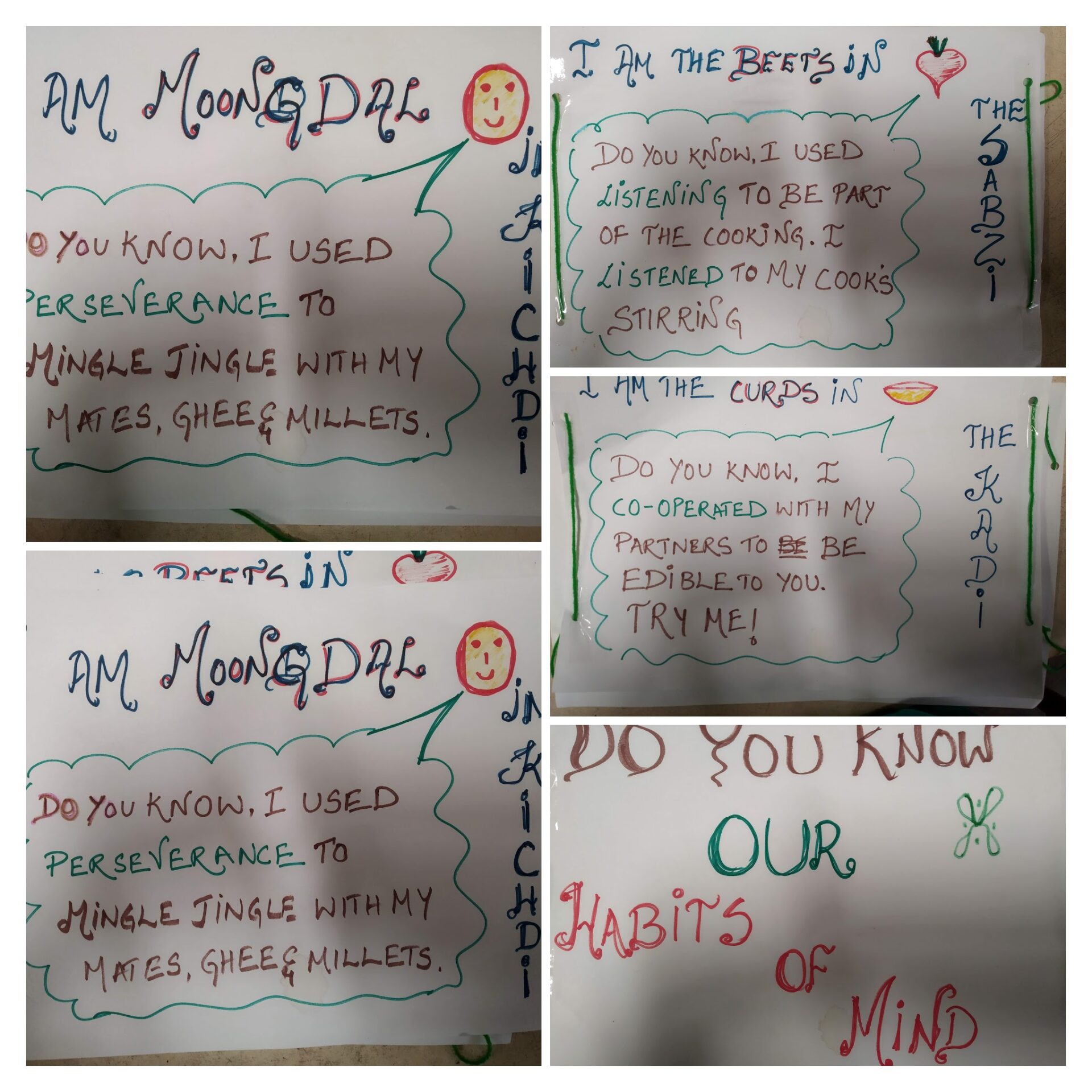Contextual skills and permanent skills – both are important and do not undermine the importance of each other. Contextual skills can be quantified over a short period. The difference is that permanent skills’ results are compound and can be overpowering.
Have you ever found something captivating, that seemed ordinary to others? This is what happened to me recently. The owner of my rented house showed me the house. Guess what I got most excited about? A curry leaf plant on the balcony! I declared, “The best part of your house is the curry leaf plant”. The owner, responded with surprise and pride, “Oh, you missed my huge Christmas tree.” I said – “I did notice and it is beautiful. This curry leaf plant is more useful to me.” The owner was surprised. For me, it meant I could cook delicious food all week. This conversation stuck with me for a few days.
How do we take basic/plain things for granted? While, the beauty of a Christmas tree is undeniable, the simplicity and usefulness of curry leaves cannot be overlooked. Somewhere, our bias for fancy stuff keeps the simple things hidden from sight. We remain in awe of the position, power, and success which is visible. The hidden part of the success iceberg is the underlying skills that go unnoticed.
What is contextual skill and permanent skill

How does one quantify the knowledge or mastery acquired over the years?Is technical skill of a subject enough that helps to become a master? I guess not. We don’t work in silos. For every achievement, some hidden factors are as important as the contextual or relevant skills.
The world is constantly evolving. Many factors shape us. Today, 10-year-old kids possess basic computer knowledge that was taught in colleges just a few years ago. Since most technical skills are constantly evolving, they are not permanent but contextual. Rapid changes in the world already made many skills obsolete. Technical skills mainly give the quantifiable outcome. This outcome we use to define success or failure.
Most of the contextual skill comes with an expiry date. These skills expire as the world evolves. The invention of electricity changed the way we work and live. Remotes changed the way we move. Social media changed the way the advertising industry works. The Internet changed the way we consume news. AI has changed the way we live. The skills that haven’t become obsolete in recent history can be called permanent skills.
The following section lists a few permanent skills –
- Cognitive Skills – Analytical thinking, problem-solving, creative thinking, critical thinking, and sustained attention are a few cognitive skills that help us move forward irrespective of time. All these skills remain a powerful tool to overcome and understand the challenges of an ever-changing world.

- Self-Learning – The boundaries of institutions will not define learning in the future. The ability to acquire knowledge independently or with a smaller community may be an essential skill. Furthermore, the shift from knowledge-based work to skill-based work is another driving force to becoming a self-learner. Institutions will no longer define formal education as a one-time event of youth; instead, it will become a lifelong process. Learn-Unlearn-Relearn will be the norm. Learning will be more dynamic and diverse. Fortunately, the democratization of education made the learning ground very fertile. Through self-learning, people can adapt many contextual skills and remain relevant.

- Communication Skills – An essential part of learning is communication. Communicating your ideas and listening to understand others are timeless skills. Verbal and non-verbal communication are equally important for a connection. In addition, they both play a role in building relationships and fostering trust. Time and attention span are getting rarer. In such a situation expressing oneself with clarity and in a concise manner can be a big skill for growth. Empathetic communication, active listening, and the ability to build rapport will be the key to developing strong working relationships and fostering a sense of community.
- People Skill – While automation may take over many tasks, the human touch – the ability to connect, collaborate, and share ideas – will remain paramount. In a world where virtual teams are becoming the norm, the ability to connect with colleagues, family, and friends on a human level, even through screens, will be essential. Emotional intelligence, empathy, and collaboration are not virtues but skills. We need to learn and nurture these skills. We cannot undermine human importance with technological advancements. Kindness comes from people’s intelligence not as genetically coded virtue. Irrespective of technological advancement being with people will never change.
- Endurance / Adaptability – The disruptive world always poses us with uncertainties. The disruption of computers becoming popular caused fear of job losses, but people learned to adapt instead of succumbing to it. Instead, the opportunities took a different turn. Now, a similar disruption is knocking at our door with the advent of AI. To cope with uncertainties, one must look at the plausible solutions of a problem. Eventually, we adapt to newer environments.
While contextual skills are important, permanent skills should not be underestimated. Both are crucial for success. Contextual skills can be quantified over a short period. The difference is the results of permanent skills are compound and that can be overpowering.
Going back to my Christmas tree and Curry leaf plant, I cherish both of them. I decorate the Christmas tree around Christmas and enjoy the festive vibes. I am well aware that the curry leaf rewards my palate throughout the year.
